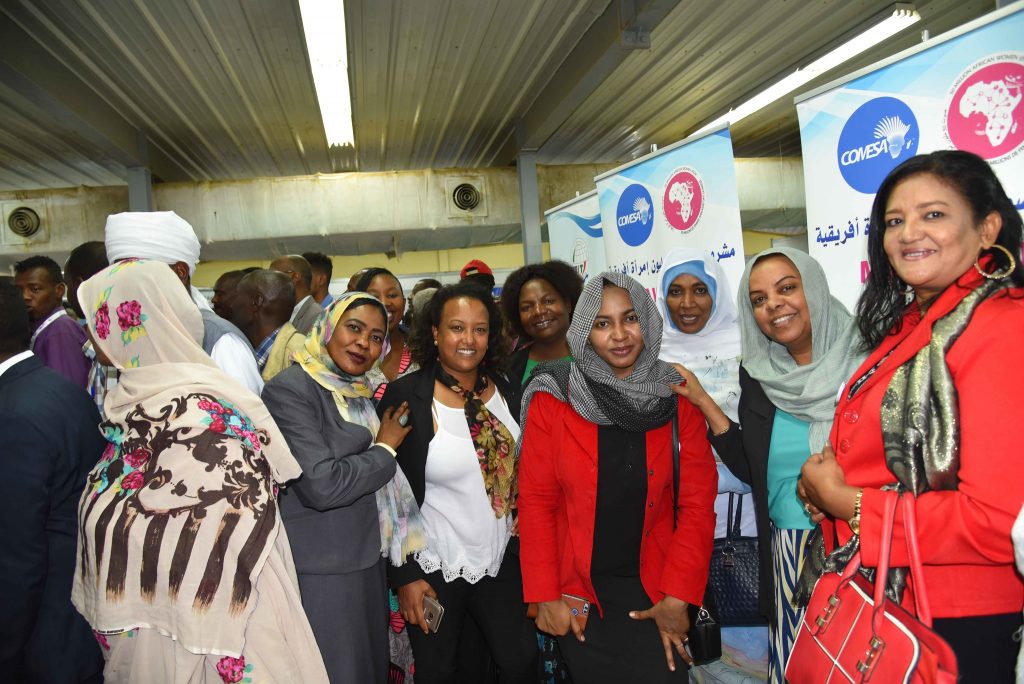
COMESA Gender and Women’s Affairs experts began their 13th Meeting on Monday 22 March 2021 to discuss progress on the advancement of gender equality and empowerment of women through implementation of policy and legal frameworks, council decisions, programmes and projects.
The objective of the three-day virtual meeting was to consider the progress made by both the Secretariat and Member States on the implementation of the Decisions of the Tenth meeting of the COMESA Ministers responsible for Gender and Women’s Affairs held last year.
As a way of ensuring progress towards attaining national, regional, and continental goals on gender and women empowerment, Member States and the Secretariat are obliged to provide updates on the implementation of the Council Decisions.
The agenda of the meeting include the report on the 50 Million African Women Speak Project- an initiative which fits well in the current times where digital platforms hold the answer to access to information, services, and market opportunities for women in business. They will also receive an update on the Small-Scale Cross Border Trade Initiative and the Great Lakes Trade Facilitation Project both of which have a very strong focus on the creation of a conducive operating environment for small scale cross border traders -majority of whom are women.
The meeting will also receive and discuss a report on the Regional Enterprise Competitiveness and Access to Markets Programme (RECAMP) initiative, which is aimed at strengthening the capacity of Small, and Medium sized Enterprises (SMEs) including women and youth in selected value chains and access to markets.
Speaking during the opening ceremony, Permanent Secretary in Zambia’s Ministry of Commerce, Trade and Industry Mr Mushuma Mulenga appreciated the meeting coming shortly after the international Womens’ Day when governments, private sector, community groups, professional associations, women’s networks, celebrate women around the world, and their achievements in social, economic, cultural, and political spheres.
“It is the period when we celebrate, raise awareness about women’s equality, calling for gender parity, economic empowerment of women, and elimination of violence against women and girls,” he said.
Speaking during the same meeting, Assistant Secretary General for Programmes Dr. Kipyego Cheluget said despite the progress recorded so far in the advancement of women, current data shows that majority of them globally work in the informal sector, and experience gender-based violence more than men.
“The issue of diseases like HIV is still high among females than males, illiteracy rates are higher among females than males, more women than men have limited access to information and business opportunities, fewer women than men are in decision making positions, and that COVID-19 has negatively affected women more than men among many other issues,” he noted.
Within this broad spectrum of issues that affect women and men, the COMESA Secretariat has been involved in redressing the legal and policy gaps including programme implementation disparities that contravene the rights of women, men, girls, and boys in the cultural, social, political, and economic spheres.
To promote gender equality, Dr Cheluget said the Secretariat is pushing for the availability of statistics to support gender responsive planning, implementation, monitoring and evaluation for mainstream programs in COMESA.
To this end, the Secretariat is working towards generating gender disaggregated data to strengthen availability of regional gender statistics in different sectors including small scale cross border trade.

